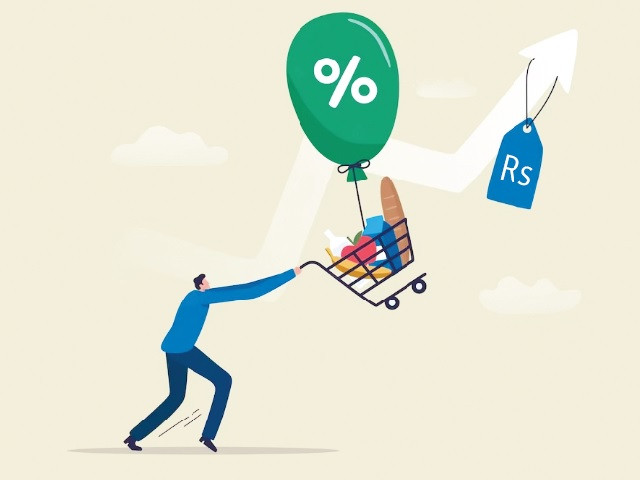
In the week ending November 30, Pakistan witnessed a staggering 41% surge in weekly inflation, as measured by the Sensitive Price Indicator (SPI), primarily attributed to a substantial hike in gas prices in the preceding month compared to the same week last year, according to the Pakistan Bureau of Statistics (PBS).
While the weekly inflation figure did show a 0.23% decline on a week-on-week basis, marking a second consecutive week of decrease, the lingering impact of the multiyear high recorded in the second week of November continued to influence the trajectory.
On a year-on-year basis, gas prices soared by an alarming 1,108.59% during the reviewed week compared to the corresponding period in the previous year. Following closely were other significant increases, including a 94.20% surge in cigarette prices, an 87.27% rise in wheat flour costs, and an 81.74% increase in chili powder prices.
Garnering attention were substantial upticks in essential commodities, such as garlic (73.65%), rice basmati broken (75.79%), and gents’ sponge chappal (58.05%), among others.
Conversely, on a week-on-week basis, certain commodities experienced a decline in prices. Notably, tomatoes led the downward trend with a reduction of 17.64%, followed by potatoes (5.11%) and chicken (3.58%). Other items that saw a dip included sugar, tea Lipton, and vegetable ghee.
Read: Gas price hike
Despite the weekly fluctuations, a detailed breakdown revealed that out of 51 items, prices of 13 witnessed an increase, 14 decreased, and 24 remained unchanged compared to the previous week.
This weekly inflation data coincided with the release of the monthly benchmark inflation reading, the Consumer Price Index (CPI), which recorded a 29.23% surge in November, surpassing market expectations. The spike in gas prices continued to be the leading factor driving the monthly inflation rate on a year-on-year basis.
Pakistan’s central bank has maintained its original forecast for the average inflation rate within the range of 20-22% for the fiscal year 2023-24, factoring in the impact of the fuel price hike. Anticipating a meaningful deceleration in inflation from January 2024 onwards, research houses expect a slowdown to 15-17% by the end of FY24, paving the way for a potential 7% reduction in the central bank’s policy rate to 15% by December 2024.
Published in The Express Tribune, December 2nd, 2023.
Like Business on Facebook, follow @TribuneBiz on Twitter to stay informed and join in the conversation.

1725967717-0/Untitled-design-(3)1725967717-0-165x106.webp)

1725275251-0/Untitled-design-(3)1725275251-0-165x106.webp)

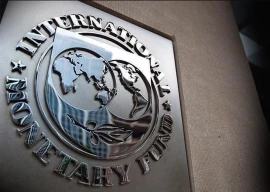

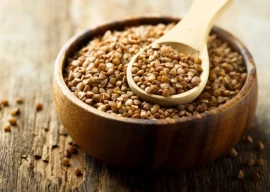


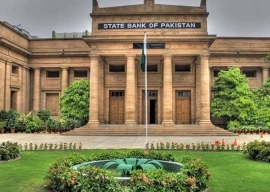

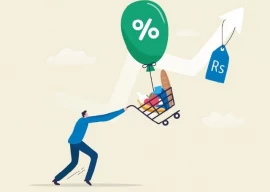






COMMENTS
Comments are moderated and generally will be posted if they are on-topic and not abusive.
For more information, please see our Comments FAQ